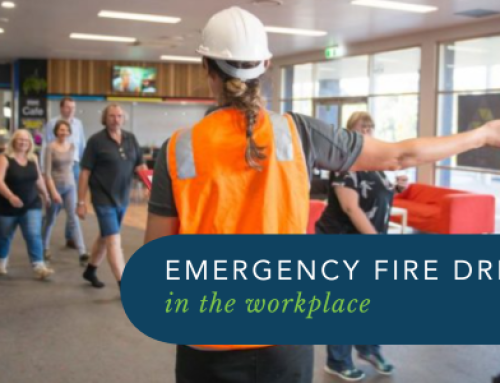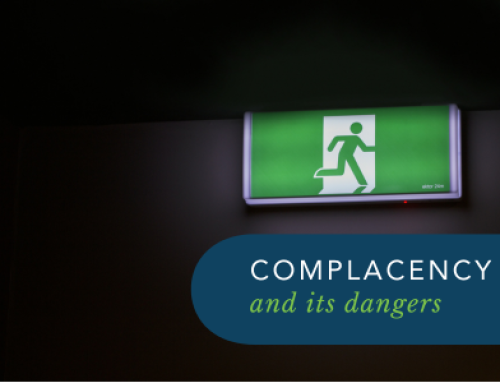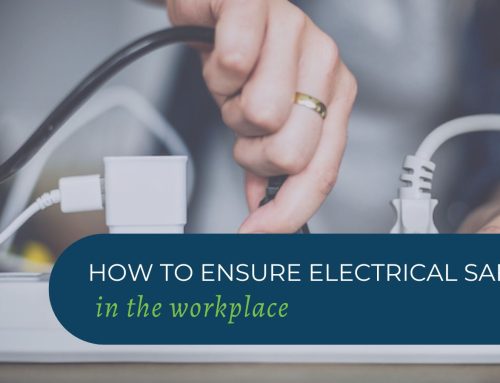Fires and emergencies affect people, belongings, and the environment daily all over the world. In most cases, the resulting losses are astounding, resulting in thousands of deaths, extensive damage to property and a significant impact on the environment.
The trauma experienced during an incident can also affect the everyday lives of people for a long time afterwards – we have all heard about post-traumatic stress disorder (PTSD) – a mental health condition triggered by a terrifying event, causing flashbacks, nightmares and severe anxiety.
Although people respond differently to stressful situations, whether that’s due to a previous experience, age or just their personality, its clear that there are some behavioural factors that are common in emergencies, particularly fire related emergencies.
People mostly ignore fire safety alarms. Research shows that if people don’t know what’s happening it can have an adverse effect in the way they behave. People often don’t react at all when they hear an alarm or smell smoke, they go into denial, they don’t think they are in danger, so they ignore the situation completely as they don’t know how to interpret the alarm.
People often won’t take the situation seriously even though they don’t know what’s going on and will usually wait for someone to take charge and tell them what to do, or they can see the incident (fire & smoke) for themselves. They might even be uncomfortable with their decision to evacuate, have a bad physical condition or even bad weather may be the reason, so they wait for someone to give them instructions.
There are also some human factors that make the situation even worse.
Research also shows that people usually don’t use the emergency exit routes that were designed for escape. People usually use the same pathway that they entered by, or use, on a daily basis, and not the designated emergency exits. In an emergency this may make the exit pathway more congested, delay the evacuation and increase the likelihood of more devastation.
Many people may also tend to “panic”, or get highly stressed, if they don’t know what happening and they don’t know what to do.
Whilst this is true in some respects, it’s not representative of human behaviour in fire. People think that “panic” would be an inappropriate or an unreasonable reaction to the emergency situation. In fact, people are more likely to apply a rational and logical decision (in their own minds) in relation to what’s happening at the time. However, in hindsight these decisions may not have been the best and may have negatively affected the situation – at the time however it may have seemed the right thing to do. Is that panic?
So, as a rule of thumb if you find yourself in danger, stay calm and tell yourself you can handle the situation, ring 000 as soon as possible, check for any danger, and protect yourself (and others) from any hazards. You will find you will handle the situation much better if you have an emergency evacuation plan already prepared and have practiced the plan at least twice a year.
GET IN TOUCH
Are you ready for peace of mind that your workforce is as safe and prepared as possible?
With a dedicated team of staff ready to help you meet compliance requirements and improve the overall safety of your workplace, all you need to do is get in touch.
Request your free audit today!



